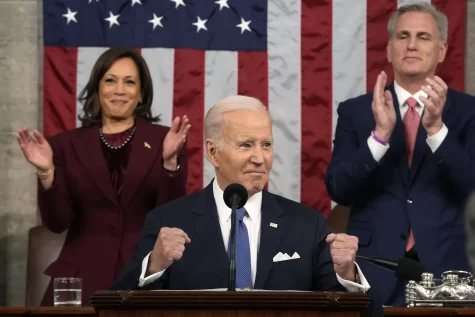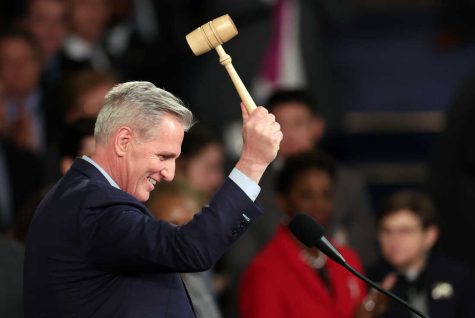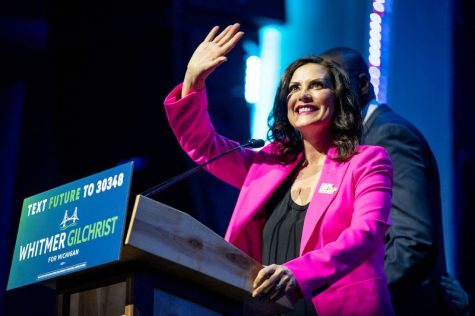Senate debates financial reform
In the wake of a devastating financial crisis that left the economy close to collapse, the Senate began debate on new financial legislation last week that will put an end to risky business practices on Wall Street and provide oversight to prevent a similar occurrence from happening in the future.
Republican opposition to the debate, based on claims that the Democratic reform bill would prop up banks deemed “too big to fail”, dwindled as public anger over Wall Street excesses peaked on the heels of a federal indictment of Goldman Sachs, the giant investment bank, on securities fraud.
The bill, S.3217, Restoring American Financial Stability Act of 2010 introduced by Senator Christopher Dodd (D-CT), Chairman of the Senate Banking Committee, seeks to promote the financial stability of the United States by improving accountability and transparency in the financial system.
It would try to prevent future taxpayer bailouts and sets up a commission, the Financial Stability Oversight Council, whose duty is to identify risks and respond to threats to financial stability and protect consumers from abusive financial service practices.
Key amendments to the bill are being introduced on the Senate floor.
One by Senator Bernie Sanders of Vermont requires an audit of the Federal Reserve System to look at the toxic assets they purchased during the financial crisis.
Its goal is to let the American people know the names of the recipients of $2,000,000,000,000 in taxpayer assistance from the Fed.
The amendment had bipartisan support and passed by a vote of 96-0 on Tuesday.
Another important amendment is one introduced by Sherrod Brown of Ohio and Ted Kaufman of Delaware that would limit the size of big financial institutions by placing caps on their deposits and limiting the size of their liabilities. Another by Blanche Lincoln of Arkansas would restrict big banks from doing business in derivatives.
The Merkley-Levin amendment would bar banks from proprietary trading (high-risk betting on exotic financial instruments) and require the biggest nonbank financial institutions to set aside additional capital to decrease the risk posed by speculative trading.
On a conference call with local media last week, Michigan Congressman Gary Peters described how lack of oversight and greed on Wall Street led to the grave economic system situation we face today.
“I think we all agree that Wall Street Reform is absolutely essential to protect families and protect investors. I think that what we have seen is unbridled greed on Wall Street that bought the economy to its knees.”
Speaking of the Wall Street bailout he said that he had proposed legislation in the House to insure that every penny of taxpayer money would be repaid to the treasury by the banks that received it.
When questioned about whether he thought the reforms would be strong enough to reign in banks that are too big to fail, Peters responded that there is a strong resolution authority in the reform bill where if these banks are at a point where they are going to fail, they can be dissolved, their boards fired and the shareholders and creditors will lose their investments.
He described how dangerous Wall Street speculation put the American economy at risk.
“What we’ve seen is almost a casino-like culture on Wall Street where bets were taken…not just bets on the economy but bets on bets, and then another layer of bets that just increased the volatility of Wall Street and the house of cards fell and it fell with a very large crash.”
When asked if the bill goes far enough, Peters said that there are very strong protections in the bill.
He said that lobbyists from the financial industry have descended on Capitol Hill “like locusts” and that they are fighting financial reform with everything they have.
“But,” he said, “I guess my answer is…if there weren’t very strong protections for taxpayers and investors in the bill you would not see the intensity of the lobbying done by Wall Street lobbyists right now. That should speak volumes for what’s in this bill.”













